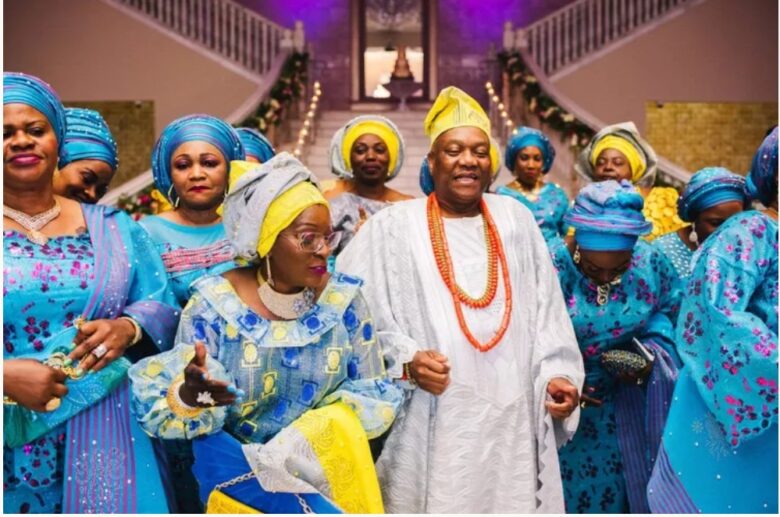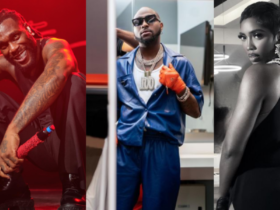Nigeria is a country of diverse cultures and traditions, with over 250 ethnic groups, each with its unique customs and practices. Among these customs, weddings are an essential part of Nigerian culture. Wedding ceremonies in Nigeria are colourful, lively and full of symbolism, reflecting the rich cultural heritage of the country.
In this article, we’ll explore five Nigerian tribes with the most interesting wedding ceremonies.
1. Yoruba Tribe
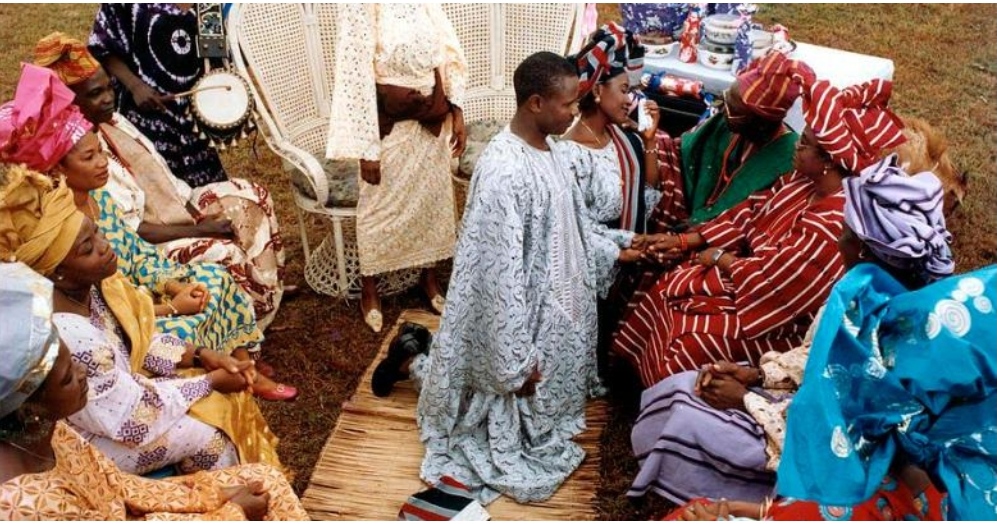
The Yoruba tribe is one of the largest ethnic groups in Nigeria. They traditionally call their wedding ceremony “Igbeyawo,” which translates to “marriage ceremony” in the Yoruba language.
The Yoruba wedding is a festive and colorful event that involves several rituals, including the introduction ceremony, engagement ceremony, and wedding ceremony.
One of the most exciting parts of the Yoruba wedding ceremony is the “Alaga Ijoko” or “Chairman of the Ceremony.” The Alaga Ijoko is the MC of the wedding, and his role is to ensure that everything runs smoothly. He is also responsible for performing some of the traditional rituals, such as the tying of the knot, which symbolizes the union between the bride and groom.
2. Igbo Tribe
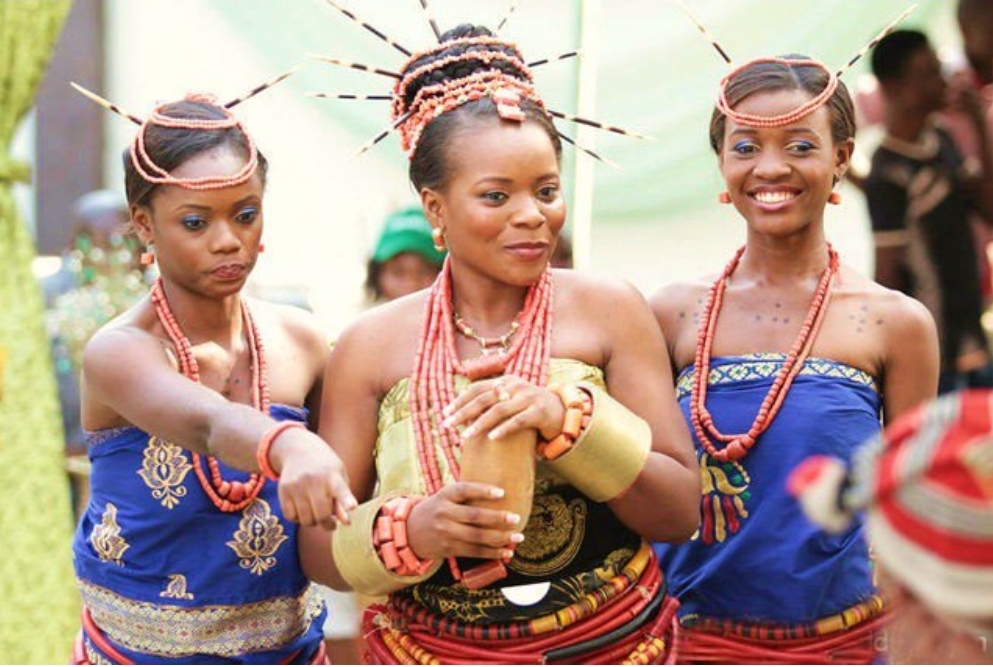
The Igbo people, an esteemed ethnic group in Nigeria, are renowned for their distinct customs and traditions. Their customary marriage rite, known as “Igba Nkwu” or “wine-carrying” ceremony, includes the groom’s family offering wine to the bride’s family. This lively and colorful event incorporates traditional rituals, such as the introduction ceremony, knocking ceremony, and wine-carrying ceremony.
The most exciting part of the Igbo wedding ceremony is the “Ijele Masquerade.” The Ijele Masquerade is a traditional dance that represents the spirit of the ancestors. It is performed to bless the union between the bride and groom and bring good fortune to the couple.
3. Hausa Tribe
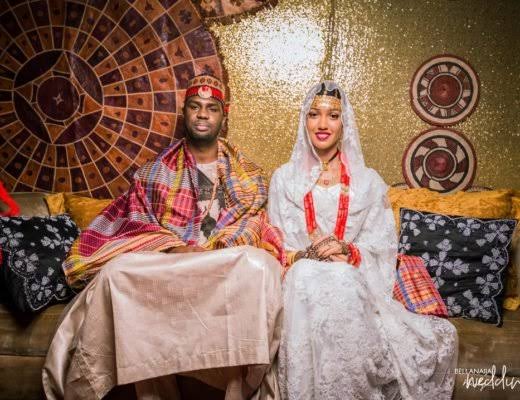
The Hausa tribe, one of Nigeria’s largest ethnic groups, is famous for its rich culture and traditions. Their wedding ceremony, referred to as “Kunshi” or “Kudin Kai” in their language, is a vibrant and joyous celebration that incorporates various traditional customs and rituals. These include the introduction ceremony, engagement ceremony, and the actual wedding ceremony.
The most exciting part of the Hausa wedding ceremony is the “Durbar” or “Horse Parade.” The Durbar is a traditional display of horsemanship and martial arts, performed by the groom and his family. It is a symbol of strength, courage, and nobility and is meant to impress the bride and her family.
4. Edo Tribe
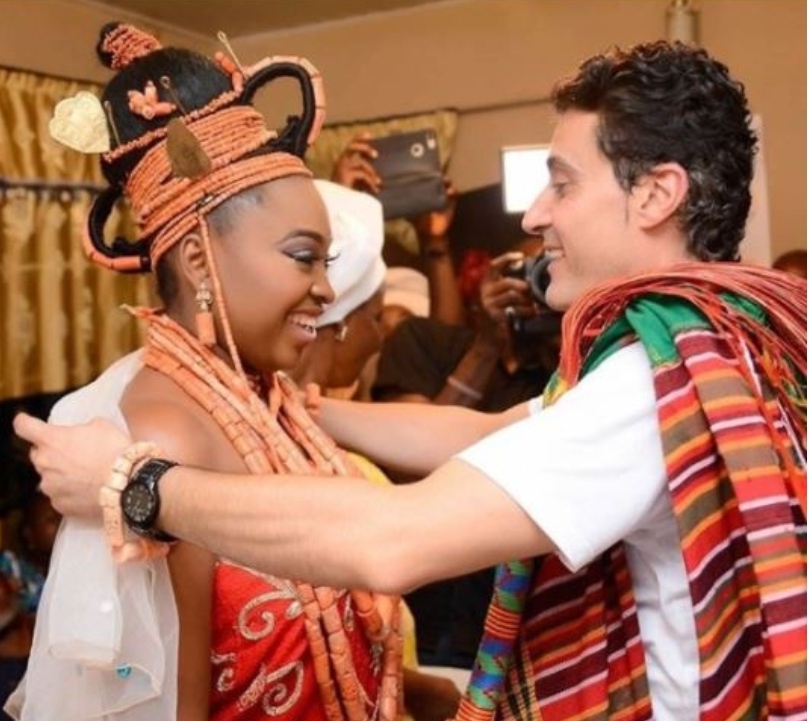
The Edo tribe is one of the most prominent ethnic groups in Nigeria, with a cultural heritage that dates back centuries. They call their traditional wedding ceremony “Ewere-Nogie,” which translates to “marriage ceremony” in the Edo language. The Edo wedding is a vibrant and lively celebration that involves numerous traditional customs and practices, such as the introduction ceremony, engagement ceremony, and the wedding ceremony itself.
The most exciting part of the Edo wedding ceremony is the “Eruvwu.”The bride’s friends and family perform the Eruvwu, which is a traditional dance symbolizing joy and celebration. Its purpose is to welcome the groom and his family to the bride’s family during the wedding ceremony.
5. Fulani Tribe
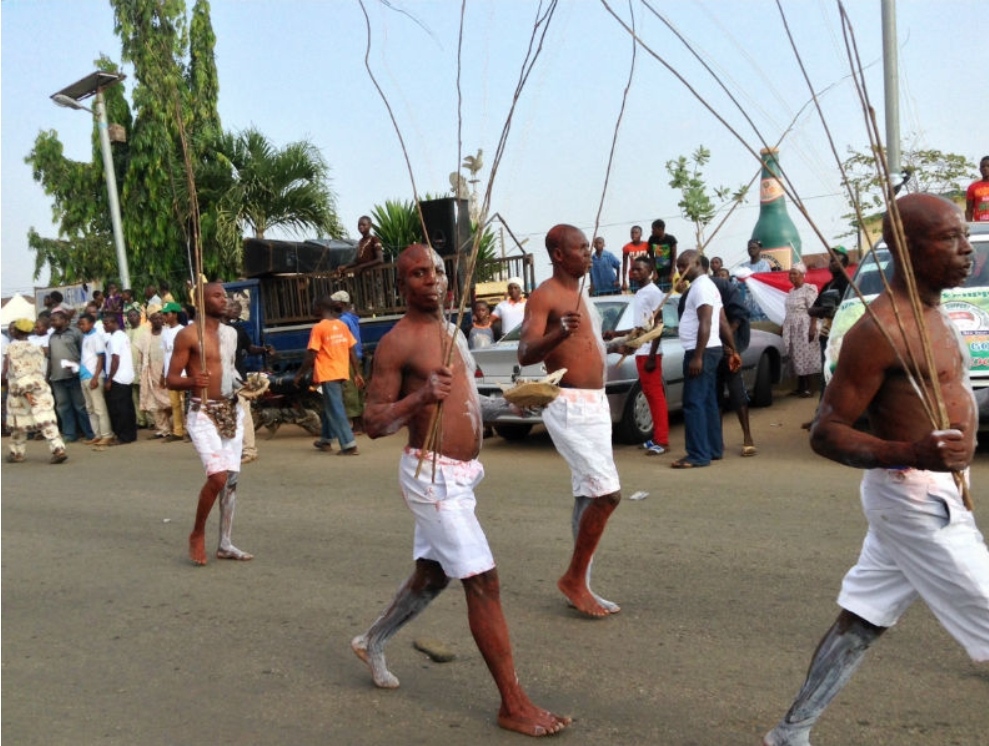
The Fulani tribe is one of the largest ethnic groups in Nigeria, with a unique culture and traditions. The Fulani traditional wedding, called “Sharo” or “flogging” in their language, involves a flogging test for the groom. This test demonstrates his readiness for marriage and proves his love for the bride. The Sharo is a colorful and festive event that involves several traditional rituals, including the introduction ceremony, the engagement ceremony and the main wedding.
Conclusion
In conclusion, Nigerian wedding ceremonies are a beautiful representation of the country’s diverse cultures and traditions. Each ethnic group has its unique customs and practices that add color and excitement to their weddings. Nigeria’s diverse wedding ceremonies, from the Yoruba’s Alaga Ijoko to the Fulani’s Sharo, provide a fascinating insight into the country’s rich cultural heritage. These ceremonies hold immense significance, not only for the couple but also for their families and communities. Despite Nigeria’s ongoing modernization, these traditions will remain a fundamental aspect of the country’s identity, treasured by future generations.
If You Enjoyed This Article, You Might Like: 5 Things You Probably Didn’t Know About Ancient Igbo





